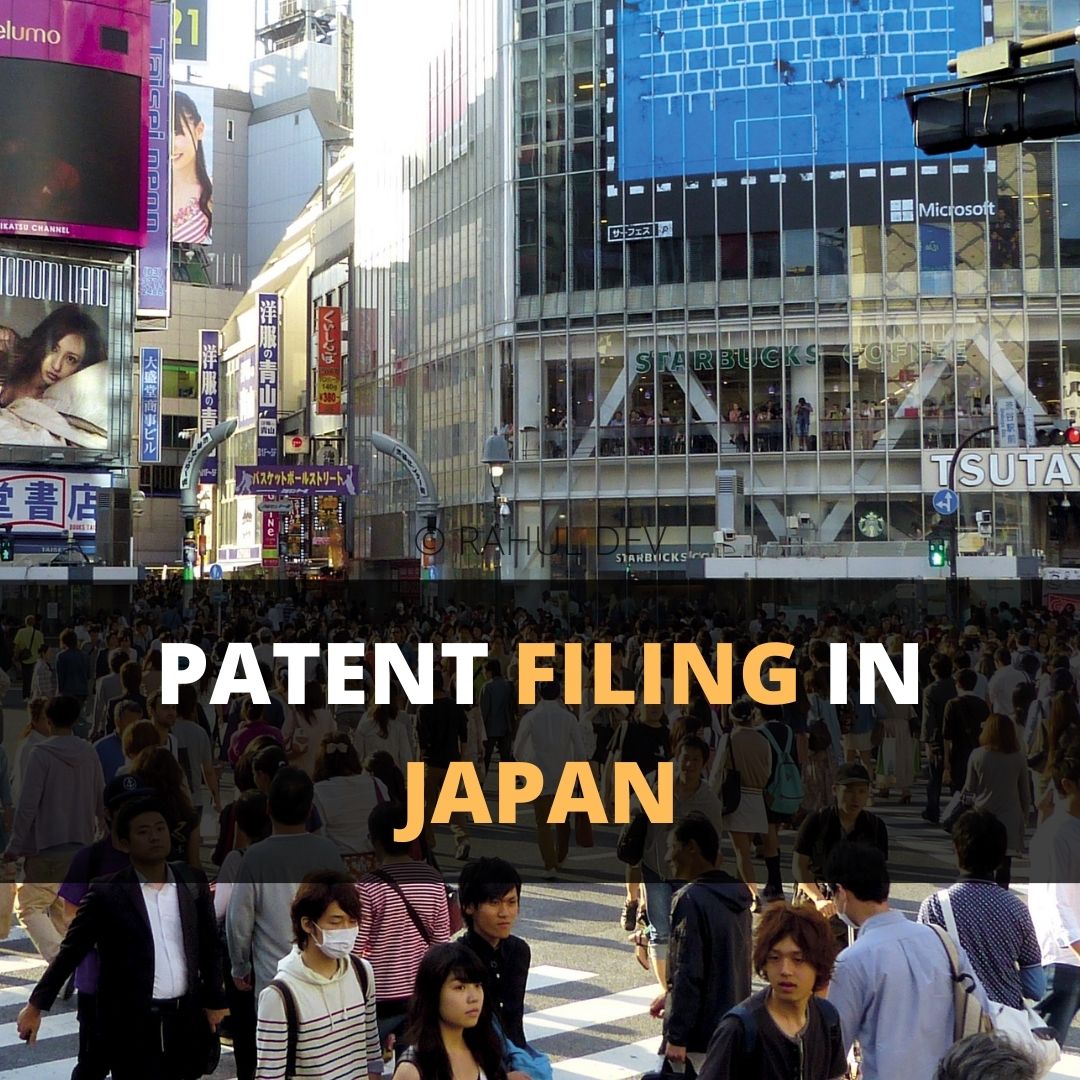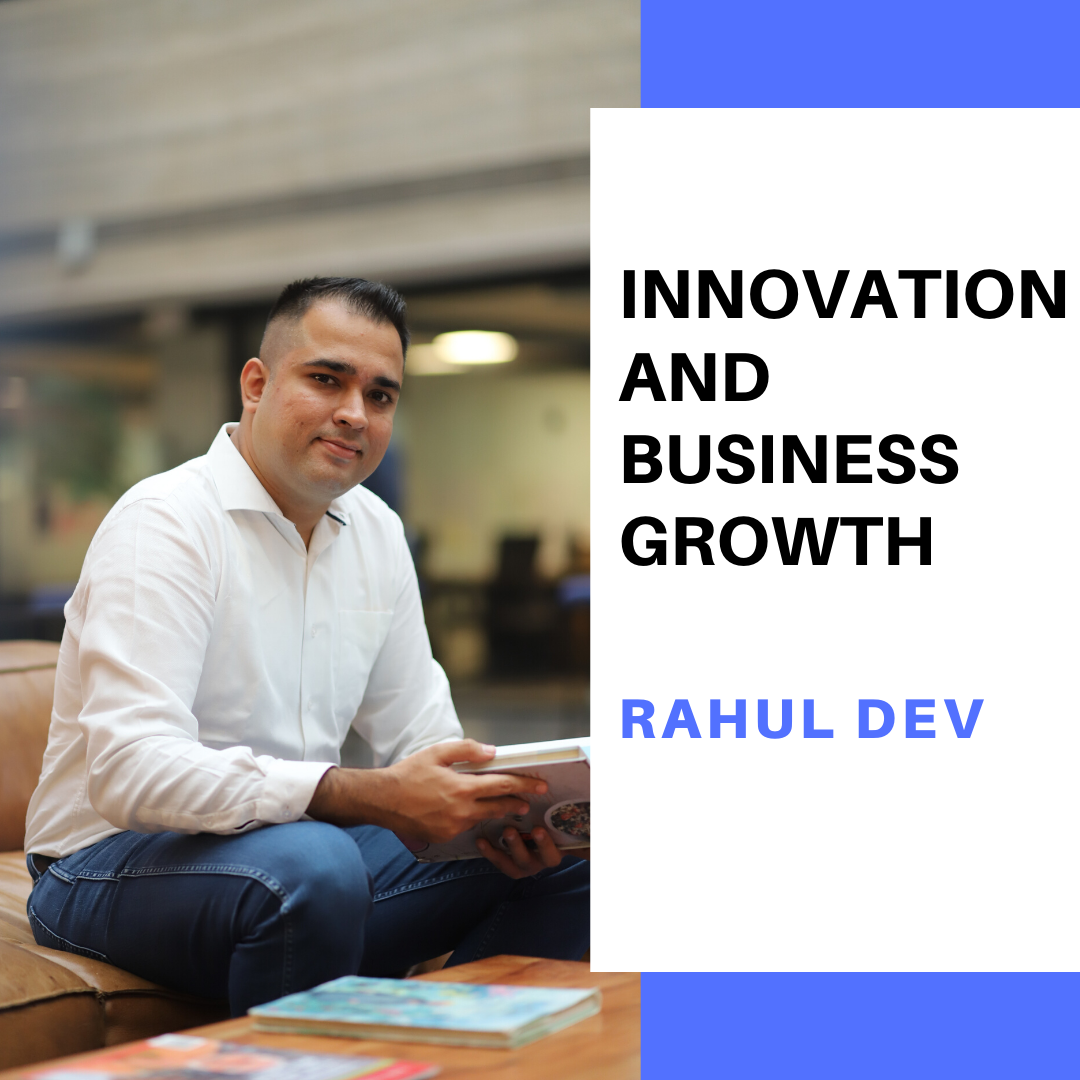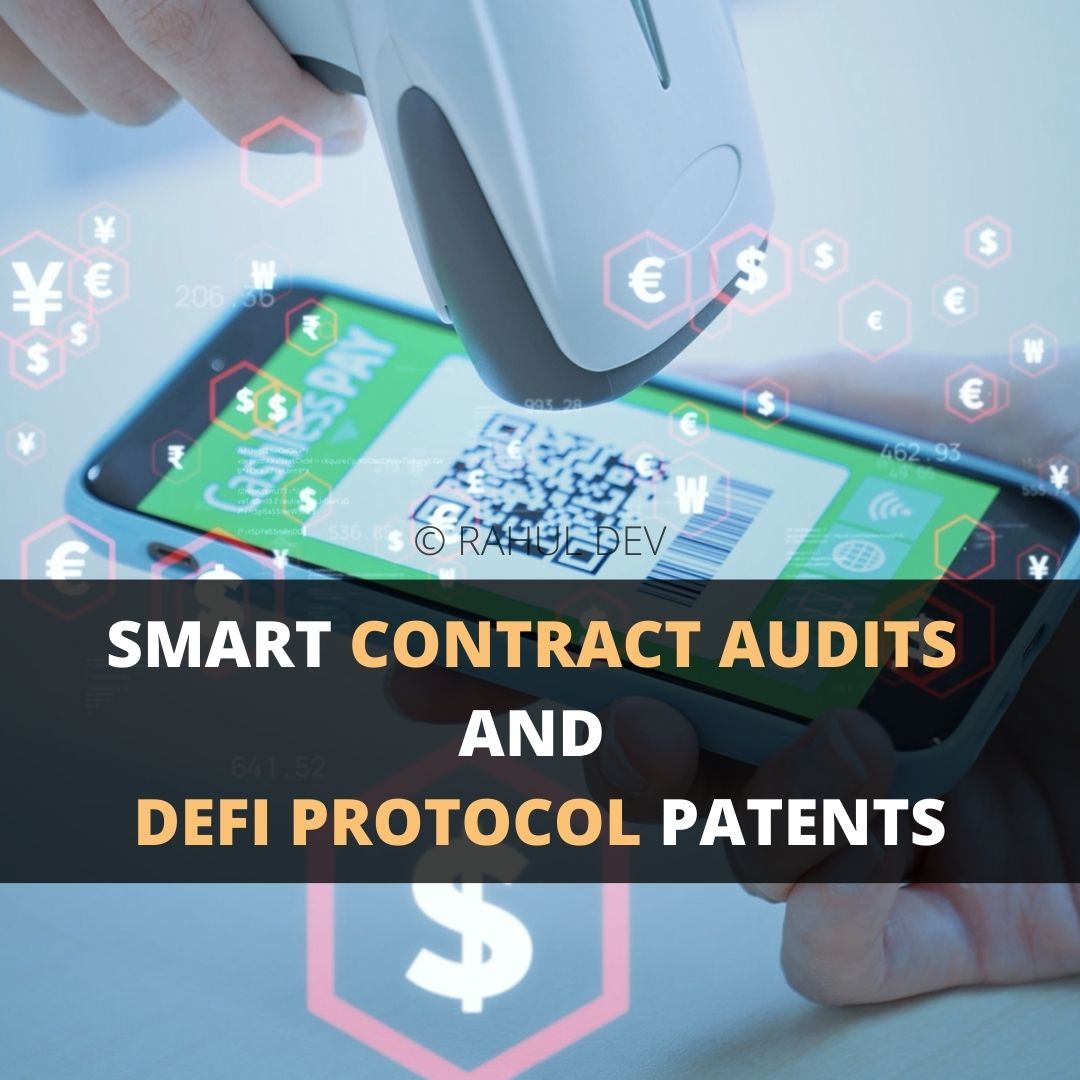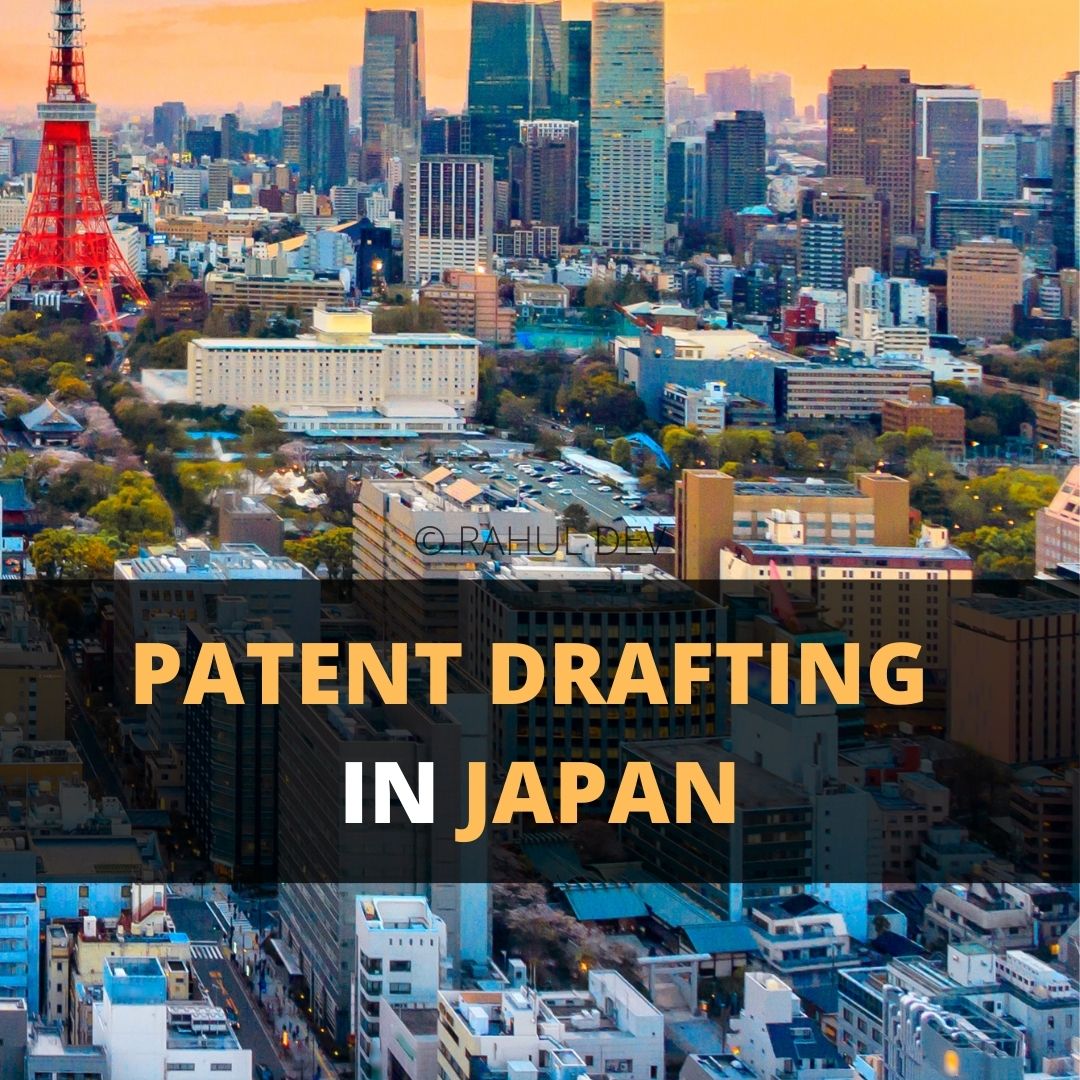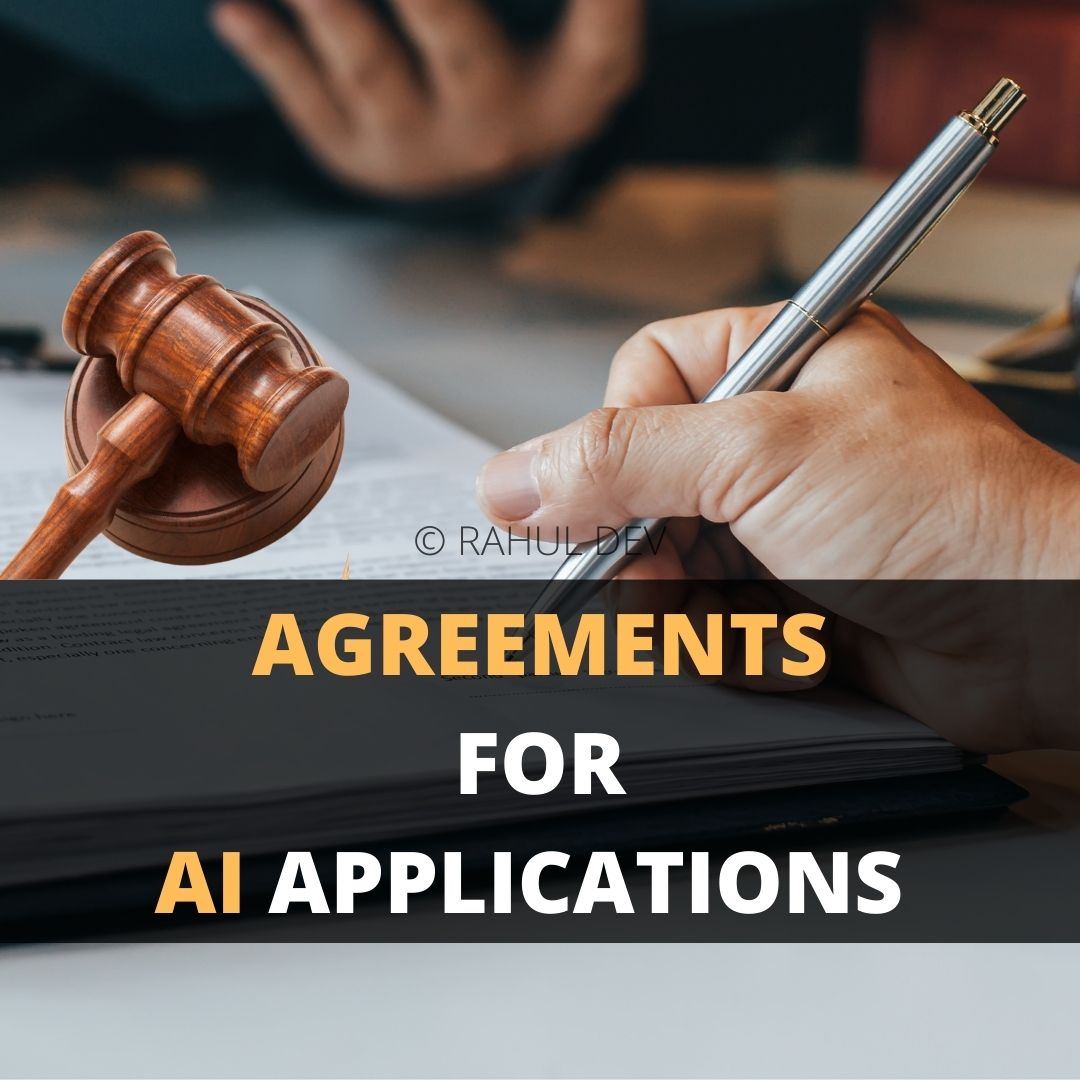Patent Risk Assessment
The risk assessment of a granted patent is aimed at analyzing the validity of granted patent claims, possibilities of design around patents, and potential risks associated with infringement lawsuits.
The patent valuation approach covers different factors, like, the size of market, market share, annual growth rate, per unit price, profit margin, and feasibility of making the patented product.
Patent Valuation Approach
The patent valuation approach covers different factors, like, the size of market, market share, annual growth rate, per unit price, profit margin, and feasibility of making the patented product.
Intellectual Property Assets
Intellectual Property (IP) is a crucial portion of a company’s assets. Today, a great portion of the assets of fortune 500 companies consists of intangible assets including intellectual property. A strong IP portfolio is instrumental for fundraising, leverage in business transactions, exit strategy (e.g. for start-ups), and business transactions such as mergers and acquisitions (M&A), to name a few. Intellectual property may consist of patents, trademarks, copyright, and trades secrets.
Patents are in many cases the most important portion, especially in the high tech and biotech industries. Since there are a large number of transactions in these areas, it is important to assess and estimate the value of a patent portfolio.
Market Potential of Patents
Patents have grown from more fancy and honorary pendants to all-out financial assets and they have created their own market. This is partly due to increasing abstraction of business moving from more tangible businesses and assets to more intangible ones. Abstraction of business started a long time ago. The more abstract a line of business, the more sophisticated the methods used to conduct that line of business, and the more profitable and scalable. However, this abstraction of value comes with some risk.
Application of Patent Valuation
1. Valuation of the company’s intangible assets in cases of taking tax planning decisions. A company does not have to show their tangible assets, but also the intangible assets in the form of intellectual property for paying taxes.
2. Valuation of a company is often done in cases of mergers, joint ventures, and acquisition. A company invests more in the intangible assets, research and development activities, than the tangible assets. Therefore measuring the economic value of the intangible assets can determine the value of assets.
3. For the licensing and selling of the intellectual property and negotiating deals with the parties, the price of the patent or the intellectual property should be known.
4. In cases of patent infringement, quantification of the damages is done. The correct valuation of the patent would help a patentee to recover the damages from the other party.
5. The valuation of the patent is used as security for bank loans. Patent valuation is also used to attract venture capitalists and investors.
6. The patent valuation helps in making patent protection strategies. It helps an organization identify its weakness, like ownership issues, which can have an impact on the value of the intellectual property.
The patent valuation is done by different approaches. Two methods are basically used for patent valuation
1) Quantitative Approach – which uses numerical and economic data to measure the value of the intellectual property.
2) Qualitative Approach – where the analysis of the potential uses of the intellectual property is done. It deals with the opportunities and risk associated with the intellectual property of the company.
The methods used in qualitative approach are:
This approach indicates that the patent’s value is the replacement cost, which is the amount that it would cost to replace the item. Simply put, it would be the amount it would cost to replace the invention.
The patent’s value will be the present value of the cash flow or cost savings that it will help provide. For example, let’s say a company patents a product. The reason for patenting the product is because the company is expecting to increase its capital based on the sale of that product, or may expect to save money based on the invention.
Therefore, that expected amount will be the value of the patent when using the income method. This method can be further divided into ‘profit contribution’ and ‘royalty.’ The profit contribution is the profit credited to a patent. The royalty is the income stream expected if a licensing agreement is entered into.
Using this method, you’ll need to determine what a potential buyer would pay for a similar product or service. Therefore, you can value your patent by looking at similar patents.
